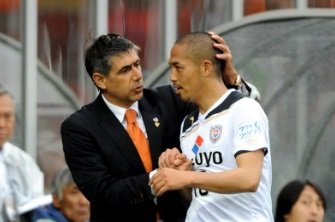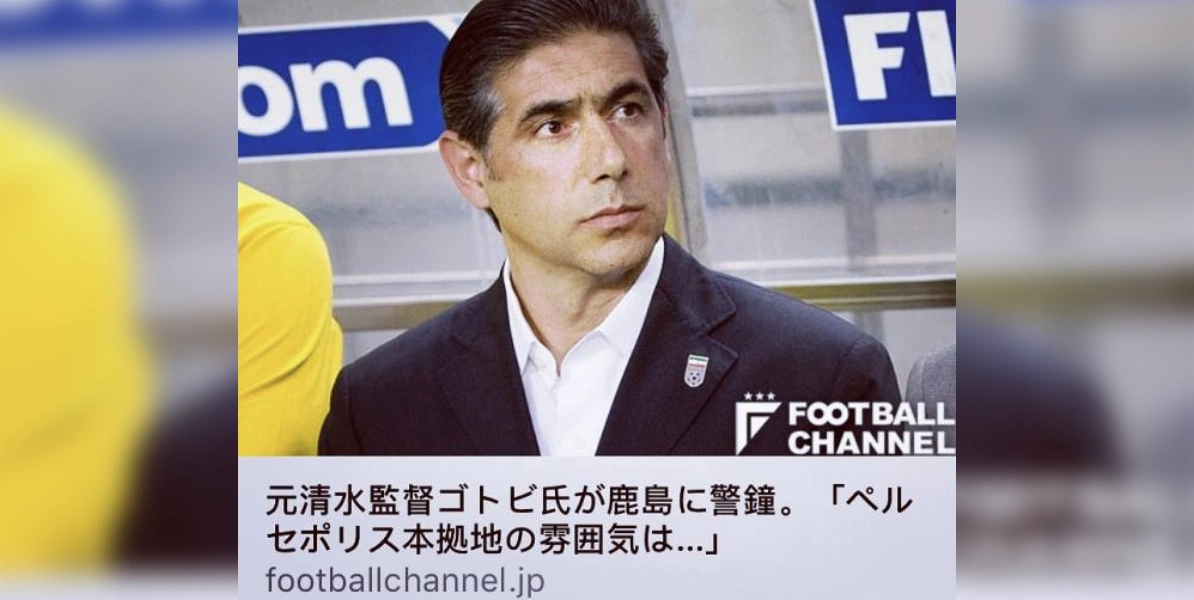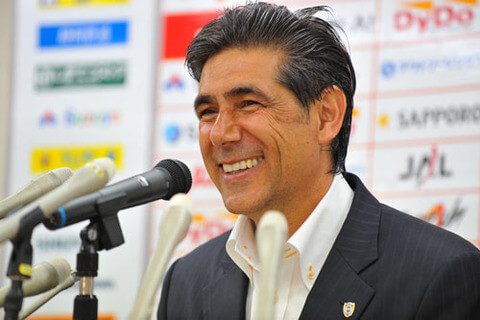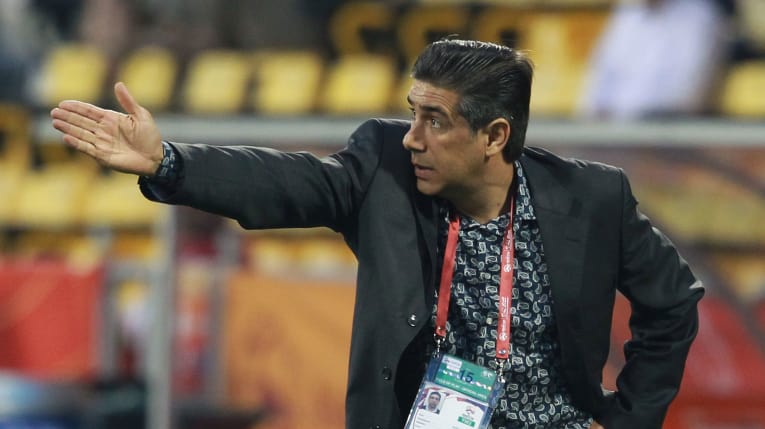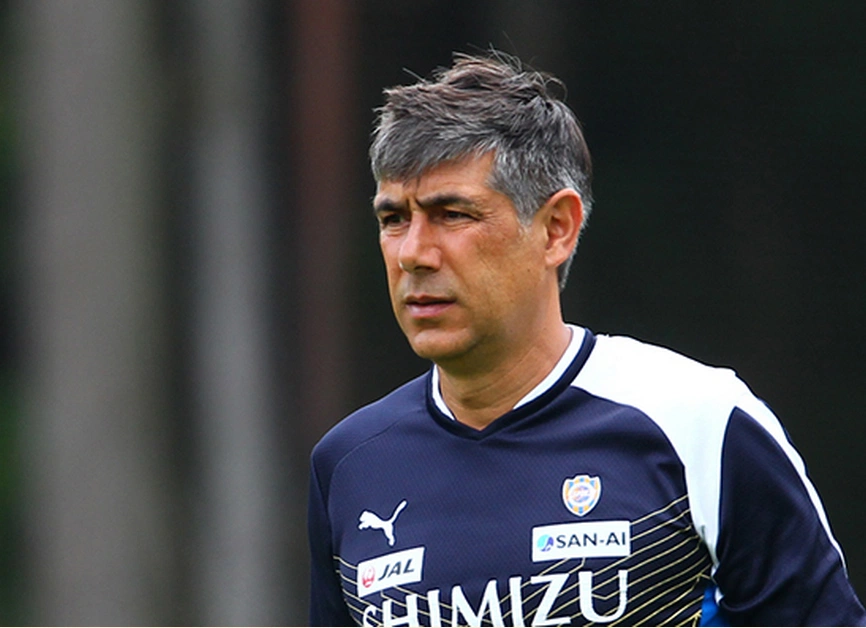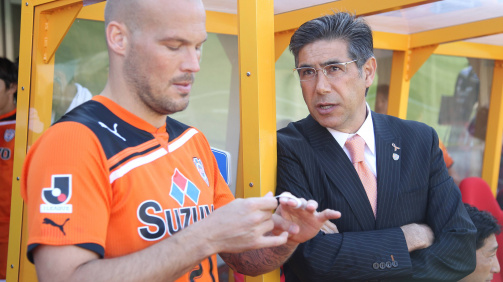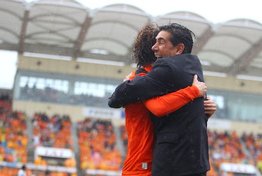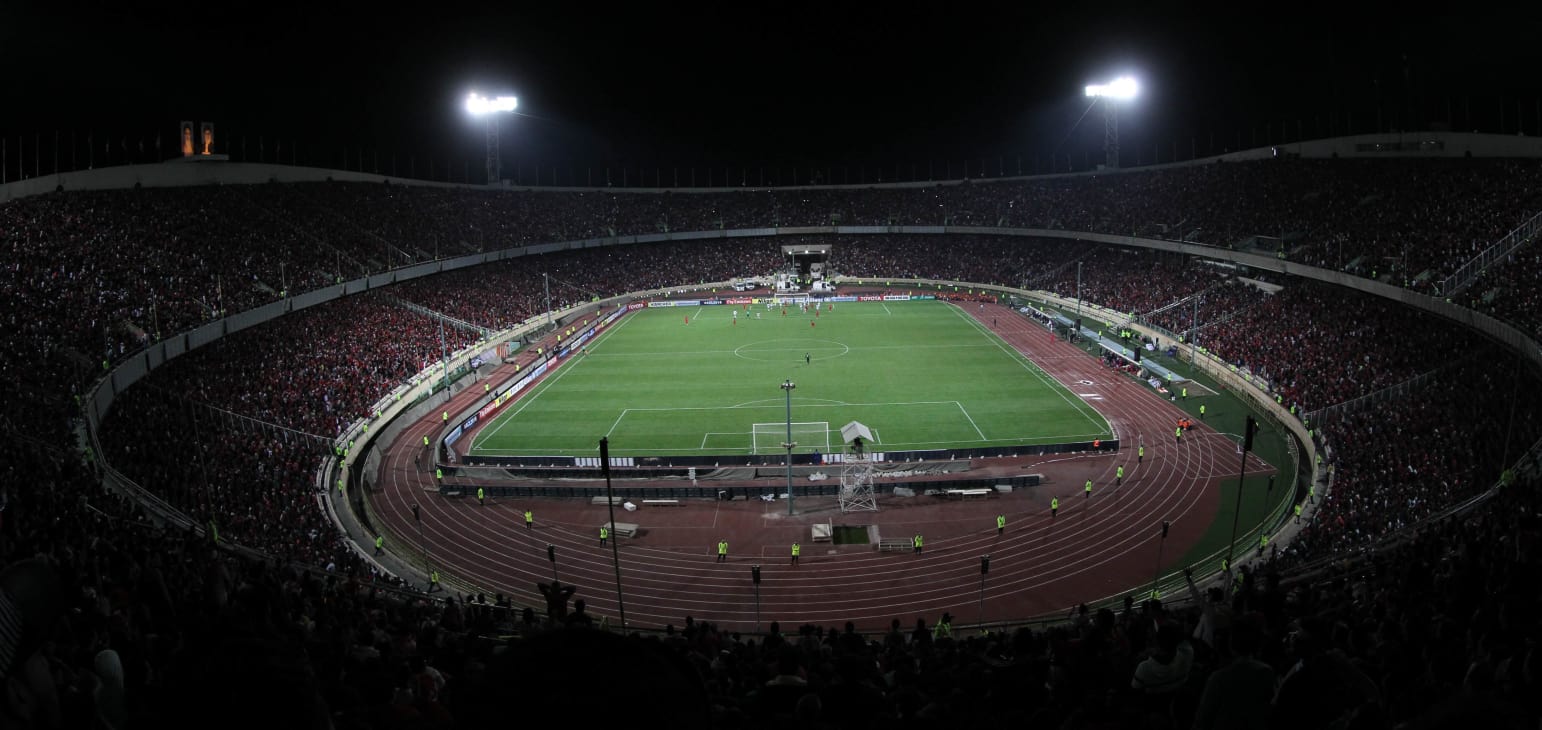 Football Notes
Football Notes
November 21, 2023
Afshin Ghotbi – Interview with the-afc.com : The Azadi is the Colosseum of Asia
Tehran: Former Persepolis manager Afshin Ghotbi knows just what it feels like to savour glory at the Azadi Stadium, where the 2018 AFC Champions League final between the Islamic Republic of Iran giant and Kashima Antlers of Japan will be decided on Saturday. Ghotbi also spent three-and-a-half years coaching in …
